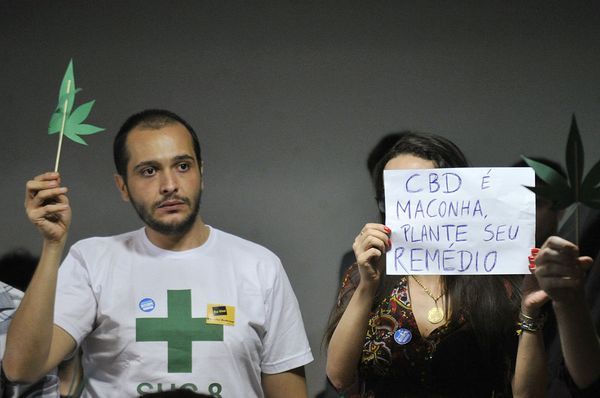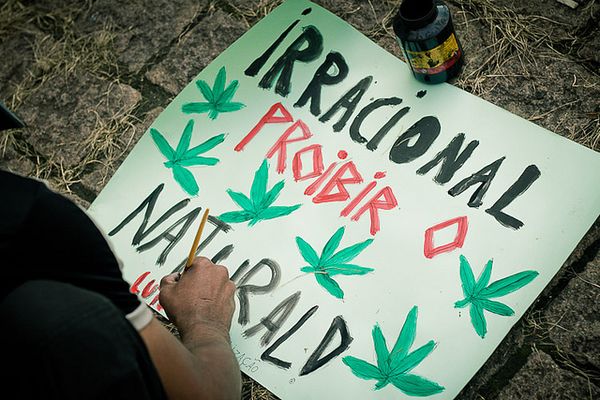- Brazilian authorities decided to take action on the matter and include within those covered three RSHO-oil based medications produced by the company HempMeds Brasil.

Before the end of 2015, a year in which Brazilians took to the streets to demand the legalisation of cannabis, the country's Government decided to continue with its policy of lifting the ban on certain products for medical purposes. In January the National Health Surveillance Agency (ANVISA) gave the green light to the medical use of cannabidiol, and in April the therapeutic use of its by-products was permitted. Now they have decided to go one step further.
Dilma Rousseff's government has added a new drug to the list of those that may be consumed by those with a prescription. The Brazilian authorities have committed to covering the cost of one of the nine products developed by the company HempMeds for those citizens who suffer from epilepsy, Parkinson's or chronic pain, if their doctors deem it appropriate.

The product is based on RSHO (Royal Scientific Hemp Oil) oil, which possesses healing properties because it contains a large amount of cannabidiol. With this cannabis component included on the list of controlled and prohibited substances, the authorities are now allowing patients to take advantage of marijuana's many benefits.
To do this they must first request a document from the National Health Surveillance Agency, in order to obtain an import license, with which they can directly order the product from HempMeds. Once they have the product they can send the bill to the Brazilian authorities, who will defray the cost.
Although the Brazilian government seems unwilling to go down the path taken by its Uruguayan neighbours, these measures evidence that steps are being taken towards the complete legalisation of cannabis.


Comments from our readers
There are no comments yet. Would you like to be the first?
Leave a comment!Did you like this post?
Your opinion about our seeds is very important to us and can help other users a lot (your email address won't be made public).